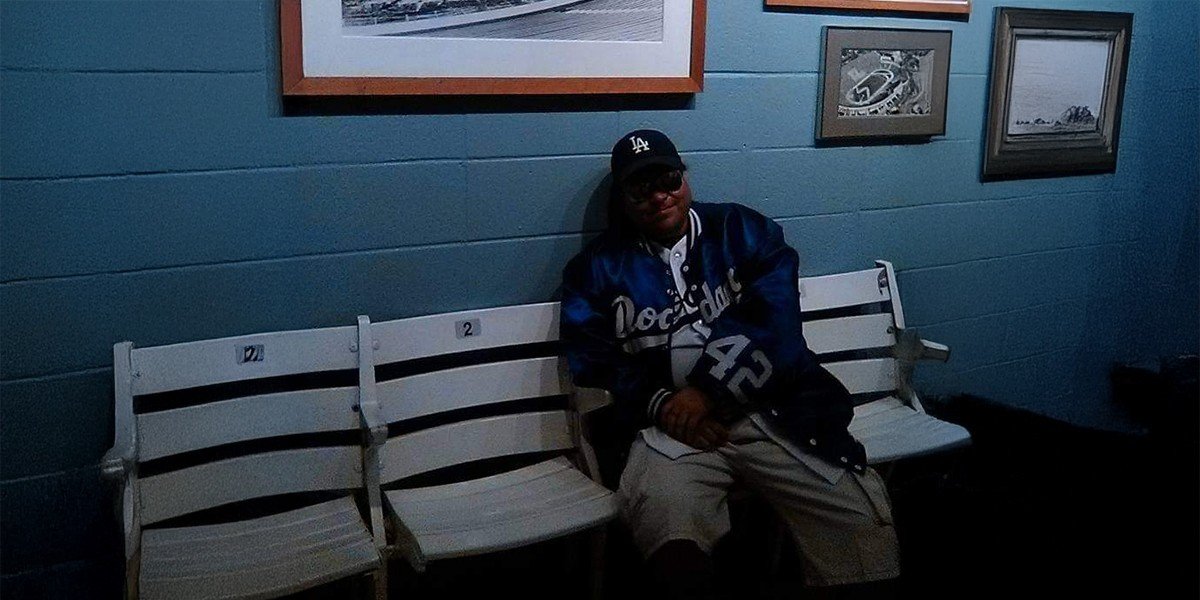In recent years, influencers have become a transformative force in the modern music industry. With the increasing prominence of social media platforms like TikTok, Instagram, and YouTube, influencers wield significant power in shaping music trends, launching new careers, and driving audience engagement. This growing symbiosis between influencers and the music industry is changing how musicians market their work, how record labels strategize, and how fans discover new artists. As traditional promotional methods shift towards digital, the integration of influencer marketing is leading to unprecedented growth opportunities for both established and emerging artists.
The Power of Social Media Influencers in Music
Social media influencers have emerged as gatekeepers of music discovery. Platforms like TikTok, where short-form video content thrives, have become essential tools for promoting new music. When influencers with large followings use specific songs in their content—whether in viral dance routines, comedy skits, or beauty tutorials—the song can gain enormous exposure, often leading to spikes in streams, downloads, and even chart positions. Songs like Lil Nas X’s “Old Town Road” and Olivia Rodrigo’s “Drivers License” became massive hits due, in part, to their viral success on social media. In this environment, influencers hold the power to launch an artist’s career or elevate a song to a global sensation.
Incorporating a song into an influencer’s content can also foster organic engagement from users, as their followers might use the song in their own videos or share it across their social networks. This grassroots-style marketing, driven by influencers, is incredibly effective in creating buzz around new music, making the relationship between influencers and musicians indispensable in today’s industry.
Breaking New Artists Through Influencer Collaborations
Influencer marketing is an invaluable tool for breaking new artists into the mainstream music industry. In the past, musicians often relied on radio play, press coverage, or high-budget music videos to promote their songs. Now, collaborating with influencers offers an alternative route to success, particularly for independent or unsigned artists. These collaborations provide instant exposure to millions of potential fans who may have never heard of an artist before. A well-placed song in an influencer’s video can quickly result in viral trends, challenges, or memes that propel an artist into the spotlight.
Artists and record labels are increasingly reaching out to influencers for promotional partnerships, offering exclusive access to new music, personalized content, or even financial compensation for featuring their music. For instance, TikTok challenges or Instagram reels featuring an emerging artist’s track can reach a massive audience in a short period. The impact is often immediate, with streaming numbers surging within hours of the influencer posting their content.
Influencers and the Rise of Independent Artists
One of the most exciting developments in the modern music industry is how influencer marketing has empowered independent artists. Unlike previous eras, where major record labels controlled the majority of the music landscape, today’s artists can build careers with far greater autonomy, thanks to social media and influencer partnerships. Independent artists, who often lack the financial backing for expensive marketing campaigns, can tap into influencer networks to reach audiences organically. These collaborations enable artists to gain visibility without the traditional barriers to entry, leveling the playing field in many ways.
Influencers provide artists with more than just exposure; they offer a platform for engagement. Artists can use social media to connect directly with their audiences, creating a sense of community and authenticity. This approach has led to the rise of artists who not only succeed musically but also create personal brands that resonate deeply with their fans. Platforms like YouTube and TikTok have allowed artists to share behind-the-scenes footage, Q&A sessions, and daily life snippets, humanizing them and fostering stronger connections with their audiences.
Challenges of Influencer Marketing in Music
While influencer marketing offers tremendous potential, it comes with its own set of challenges. For one, it can be difficult for artists to ensure that collaborations with influencers align with their artistic image and values. A mismatch between an influencer’s persona and the artist’s brand can lead to inauthentic partnerships that alienate fans. Additionally, as influencer marketing becomes more mainstream, the market has become increasingly saturated. This saturation can make it harder for musicians to stand out, as many songs and artists are vying for attention within the same space.
Another challenge lies in maintaining authenticity. Many artists and influencers alike struggle to balance their creative freedom with the commercial expectations of branded content. Artists must walk a fine line between staying true to their craft and capitalizing on influencer partnerships that often prioritize reach over artistic integrity. This balancing act can be difficult, especially when artists face pressure from labels or management teams to maximize visibility and revenue.
The Role of Record Labels and Publishers in Influencer Marketing
Record labels and publishers play a crucial role in navigating the influencer landscape for their artists. They act as facilitators, connecting artists with influencers who can best promote their music. Labels often oversee influencer collaborations, ensuring that partnerships are mutually beneficial and that influencers have the resources to integrate the artist’s music into their content effectively.
Labels and publishers also help negotiate fair deals between artists and influencers. They establish guidelines for compensation, attribution, and content rights, ensuring that both parties benefit from the collaboration. Furthermore, by strategically aligning influencers with artists whose music matches their audience, labels can maximize the impact of their campaigns, increasing the artist’s visibility and driving engagement.
The Future of Influencer Marketing in Music
As social media platforms continue to evolve, the role of influencers in the music industry is expected to grow. Innovations like augmented reality filters, live-streaming concerts, and virtual influencers are already changing the landscape. As technology advances, influencers will find even more creative ways to introduce music to their audiences. The challenge for artists, labels, and influencers will be to stay ahead of these trends while maintaining authenticity and meaningful connections with their fanbases.
In conclusion, influencer marketing is reshaping the modern music industry, offering new ways for artists to promote their music and build their brands. While challenges exist, the opportunities are vast for those who can effectively harness the power of influencers to engage with their audience and shape cultural trends.
Read more about the intersection of influencer marketing and the music industry at beatchronicle.com.
Published by: Martin De Juan













